Japanese state-run broadcaster, NHK, has been criticized for its high subscription fees, which have been slightly lowered since October 2020, but are still 2170 yen per month for a satellite subscription and 1225 yen for a terrestrial subscription. If you convert the price to a yearly basis, it becomes cheaper: 24,185 yen for a satellite contract paid 12 months in advance, and 13,650 yen for a terrestrial contract. Incidentally, the BBC in the UK charges 22168 yen per year, based on the annual rate for 2018. ARD and ZDF in Germany charge 27073 yen per year, and FTV in France charges 17920 yen per year, which is not so different from Japan. The collection rate is 93.4% in the UK, 95.9% in Germany, 90.73% in France, and 82.1% in Japan. As the data is from the Ministry of Internal Affairs and Communications (MIC) 000697727.pdf (soumu.go.jp), it may or may not be reliable, but it shows that Japan is not the only country with a high rate. In Japan, commercials are not allowed, so there is always a debate on whether it is possible to lower the subscription fee by including commercials, but if you look around the world, you will find that some countries include commercials and charge the price mentioned above.
Personally, I would like to see NHK charge about 500 yen per month with commercials and the NHK employees are often cited for their high income, but I think it is fair to say that the general public feels that they receive too much. In this article, I would like to write not about NHK’s subscription fees, but about the morning drama.
Speaking of NHK, there are many people who wonder why they have to pay a subscription fee for the “Kohaku Uta Gassen” on New Year’s Eve, December 31, when they only watch it once a year. By the way, there is also sumo, but I haven’t watched it at all lately because of all the foreign wrestlers.
The morning drama is a 15-minute drama that airs from 8:00 to 8:15 in the morning and again from 0:45 to 1:00 in the afternoon, but its history dates back to 1961, so many people may have seen it at least once. There were many popular programs such as “Haikara-san” (1982, Showa 57) and “Oshin” (1983, Showa 58), but I remember watching a program whose theme song was “Genki Desu” by Takuro Yoshida. I don’t remember the name of the program, but I think it was a good one. As I watched the 102nd episode of “Yale” and now the 103rd episode of “Ocho-yan”, I had a thought.
Yesterday, I was watching a commercial TV program where kabuki actors and comedians were among the commentators, and they were commenting on Youtuber’s performance, which made me feel very uncomfortable. It is impossible for a Kabuki actor to perform. I don’t find it funny when comedians with no real talent praise or belittle Youtubers. It was as if the soul of the comedian was gone. This is the reality of privately owned television. The reality is that quiz shows are hosted by comedians, and the answerers are also comedians and highly educated quiz enthusiasts, and many similar shows are produced.
Of course, there is no doubt that there are high quality TV programs, but the original works of Keigo Higashino and Jun Ikeido are so good that they are made into movies instead of TV. “24 Hours” was a remake of an American show, but it was quite interesting.
If that’s the case, I think NHK’s morning drama, which is 15 minutes a day, or 14 minutes if you skip the songs, is of high quality. What I felt I had to write about was the experience of war. I think both “Yale” and “Ocho-yan” deserve credit for not hiding their experiences in the war. After the atomic bombs were dropped, the civil law only covered the war on the last day of the war. NHK, Japanese state-run broadcaster, has been dramatizing the war experience regardless of the date and time. According to Wikipedia, the casualties of World War II ranged from 50 to 80 million worldwide, and Japan was hit by two atomic bombs, resulting in the deaths of 3 million people in Japan. But for some reason, NHK continues to report on this incident through the medium of drama.
I would like to show this to the Americans who are justifying the dropping of the atomic bombs. Incidentally, as of April 9, 2021, 2.89 million people worldwide have died from the covid-19, and 9,301 people in Japan. The fourth wave of covid-19 is also scary. I am worried about the political measures that will be taken. The power of a single individual is not enough to control the power of politics, but we must not forget that we are the ones who elect politicians.
I would like to express my respect for NHK’s morning drama series. In “Ocho-yan,” I am moved by a drama that tries to bounce back from adversity with comedy. It may be too much of a compliment to say that it is like watching a Shakespeare’s comedy, but I would like to thank NHK for their courageous action.
“Ocho-yan” is an Osaka word for “ochobo-san,” a small maid working in a teahouse or ryotei.
I would like to quote Chiyo’s soliloquy from the April 8 broadcast. It is taken from Ibsen’s “A Doll’s House”. It is a scene in which she tries to overcome the situation of war through comedy.
So, you want to throw away your house, your husband, and your children?
You are not thinking about the world’s intentions.
I just think that what I am going to do, I must do.
This is outrageous. How can you abandon your duty in that way?
I have other duties that are sacred to me.
What kind of duty?
My duty to myself.
First and foremost, you are my wife and mother.
First and foremost, I am a human being. I am a human being, just like you.
Or at least I’m about to become one.
What you say is like a child.
You don’t understand the society you live in.
No, I don’t. I will try my best to understand it.
I have to decide who is right, society or me.
April 8, from “Ocho-yan”. translated be me Japanese into English
This is a soliloquy from NHK, a state-run broadcaster with a lot of power, but I think it can be perceived as if NHK is searching for the reason for its existence.
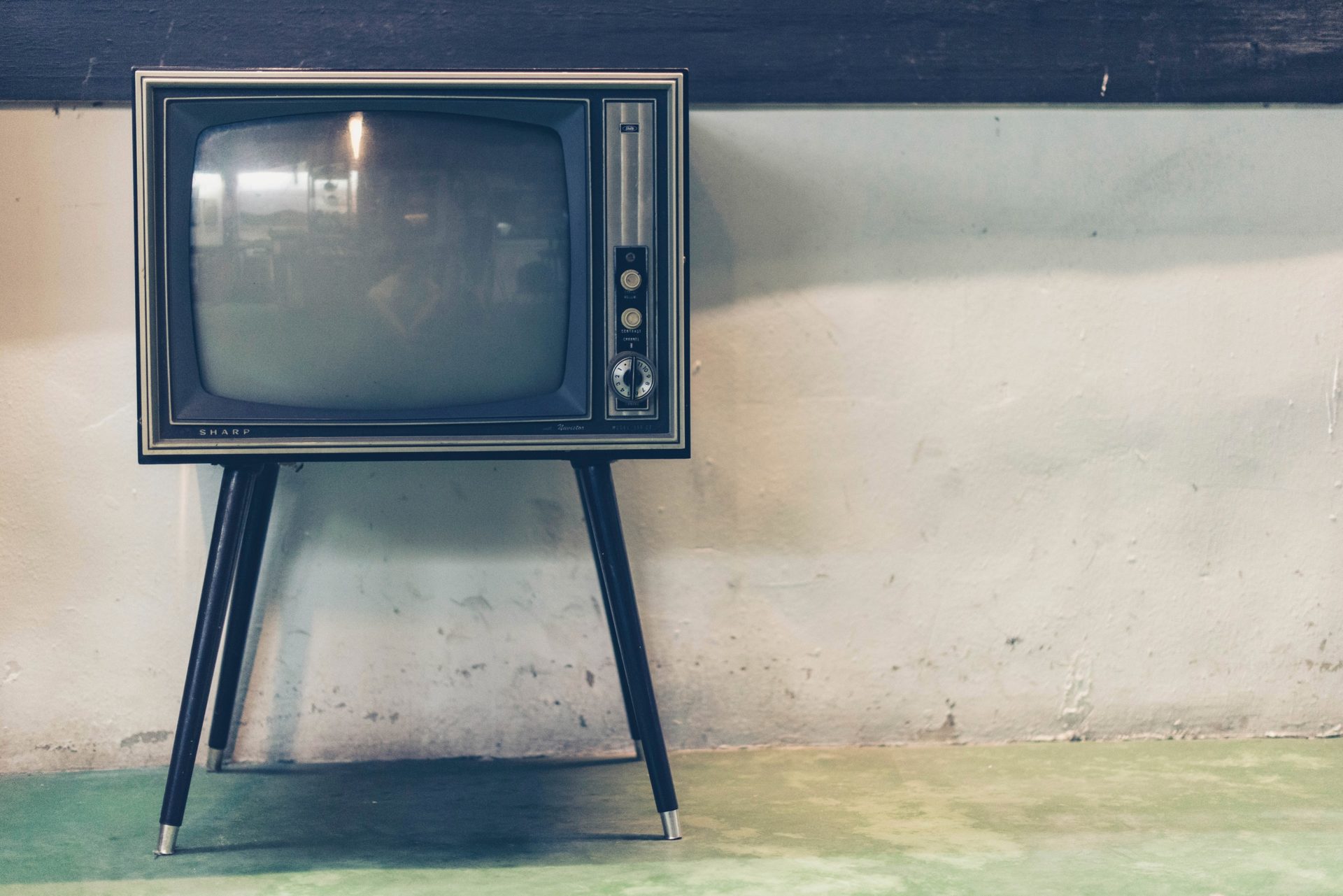
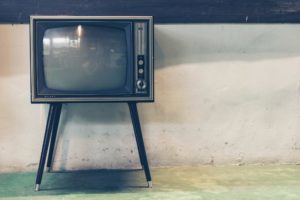
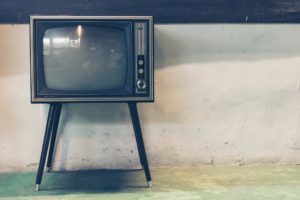
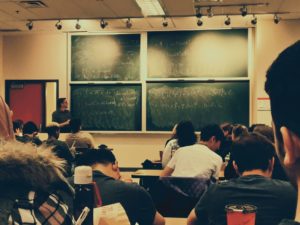
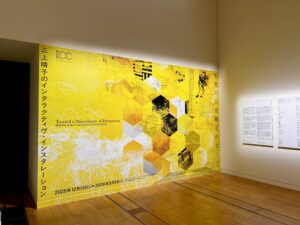
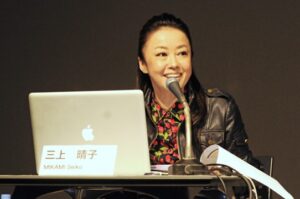
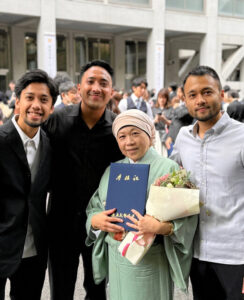
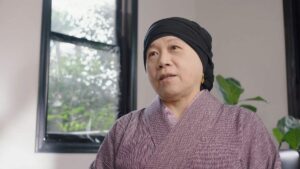
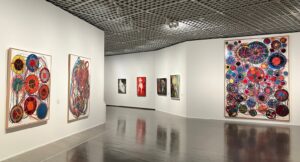
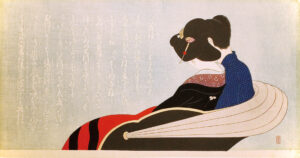
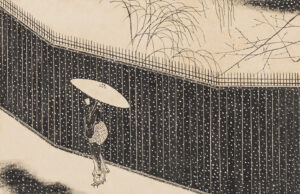
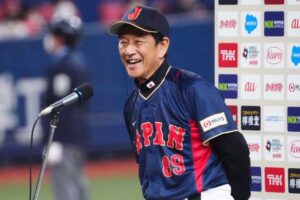
コメント